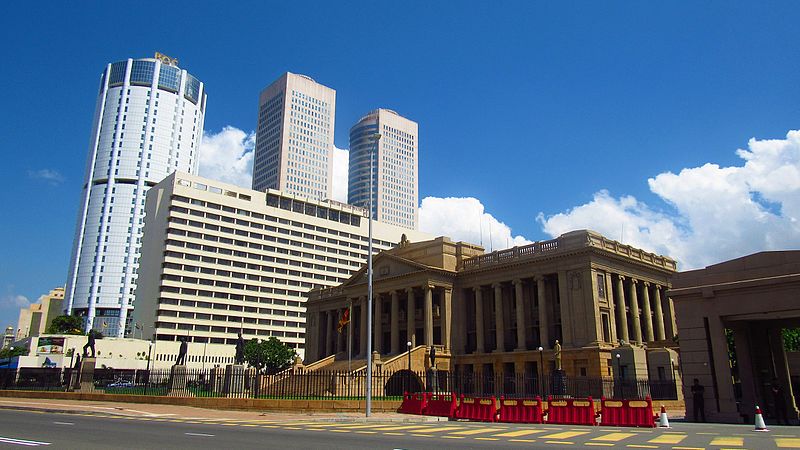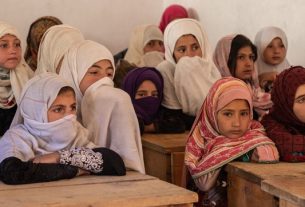Colombo, Sri Lanka — Human Rights Watch (HRW) has raised fresh concerns over the continued harassment of families of enforced disappearance victims in Sri Lanka, alleging that security forces are using counterterrorism laws to suppress calls for justice and accountability.
In a statement released Wednesday, HRW criticized the administration of President Dissanayake for failing to implement meaningful reforms nearly a year into its tenure. The organization reported that families of individuals who were last seen in military custody continue to face intimidation and interference, particularly when engaging with international mechanisms such as the United Nations Human Rights Council and the Sri Lanka Accountability Project.
The allegations come amid broader international scrutiny. A recent report by the UN Human Rights Council highlighted persistent impunity for wartime abuses and noted that most families of the disappeared remain without answers. The report documented ongoing surveillance and questioning by police and intelligence agencies, especially in the Tamil-majority Northern and Eastern Provinces. In some cases, children of affected families have reportedly been subjected to pressure and intimidation.
Domestic sources have echoed these findings. The 2024 U.S. Department of State Country Report on Human Rights Practices cited widespread harassment of journalists, civil society actors, and residents in regions historically affected by conflict. Media professionals reporting on sensitive topics such as enforced disappearances have faced threats and reprisals, while activists working with victims have been subjected to surveillance and obstruction by security agencies.
Sri Lanka’s judiciary has made limited attempts to address custodial abuse. In a 2023 Supreme Court ruling, police officers were held accountable for the custodial death of a detainee. The Court dismissed conflicting police narratives, upheld the right of family members to pursue fundamental rights claims, and found violations of constitutional protections under Article 12(1) (equal protection) and Article 13(4) (right to life).
Despite such rulings, HRW emphasized that systemic abuse and intimidation remain prevalent. The organization called on the UN Human Rights Council to renew its mandate for monitoring and evidence collection in Sri Lanka, arguing that domestic accountability mechanisms have consistently failed to deliver justice. Without sustained international oversight, HRW warned, families of the disappeared may continue to be targeted, while perpetrators of wartime atrocities remain shielded from prosecution.
This article includes excerpts from reporting by Xitai Wang for Jurist.org, University of Pittsburgh School of Law.
Excerpts from jurist.org article by Xitai Wang | U. Pittsburgh School of Law, US
Sri-Lankan-Old-Parliament-Building-Colombo-by-Rehman-Abubakr



